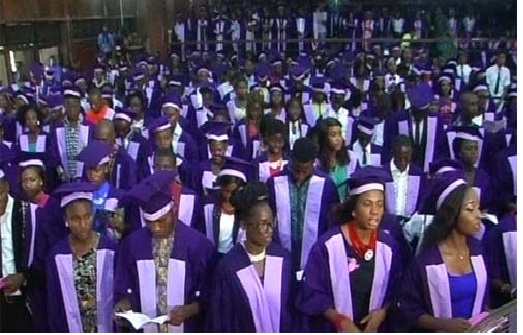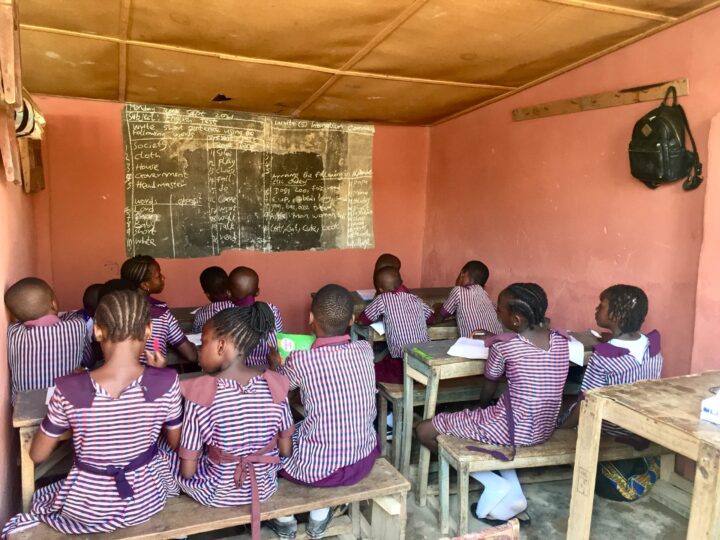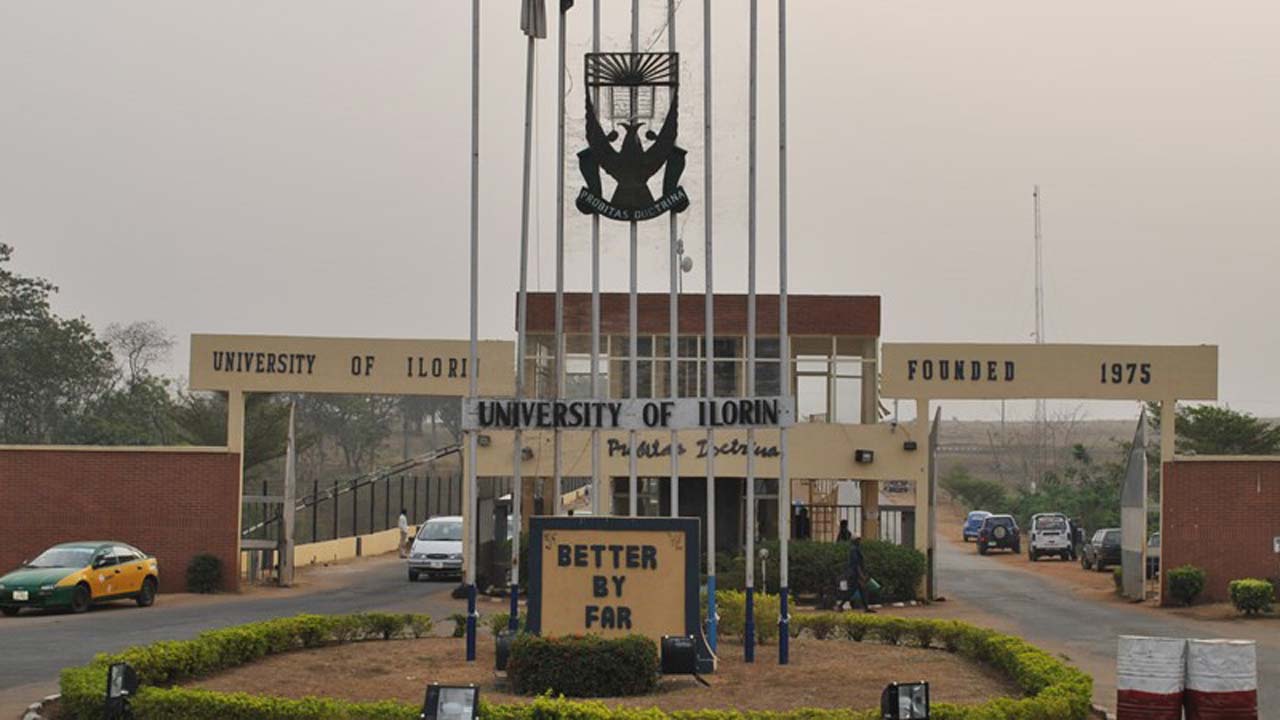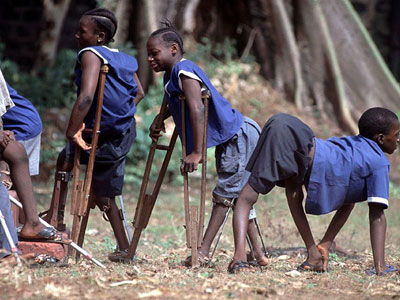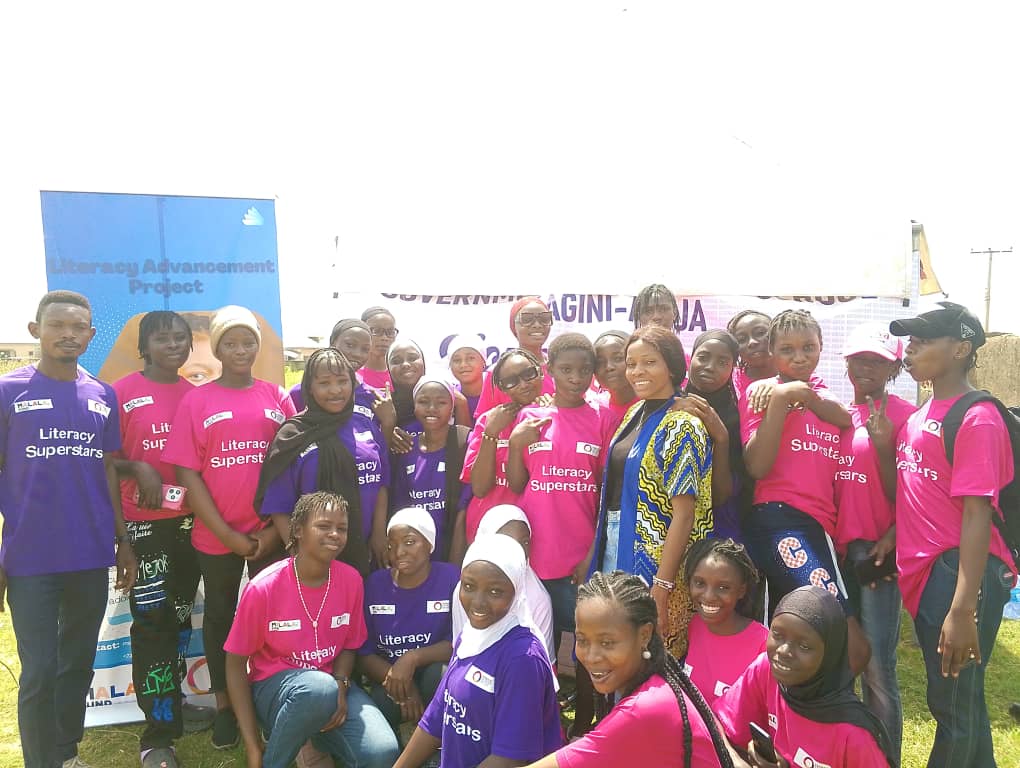Why we need more special education teachers in schools – Inclusion Advocate
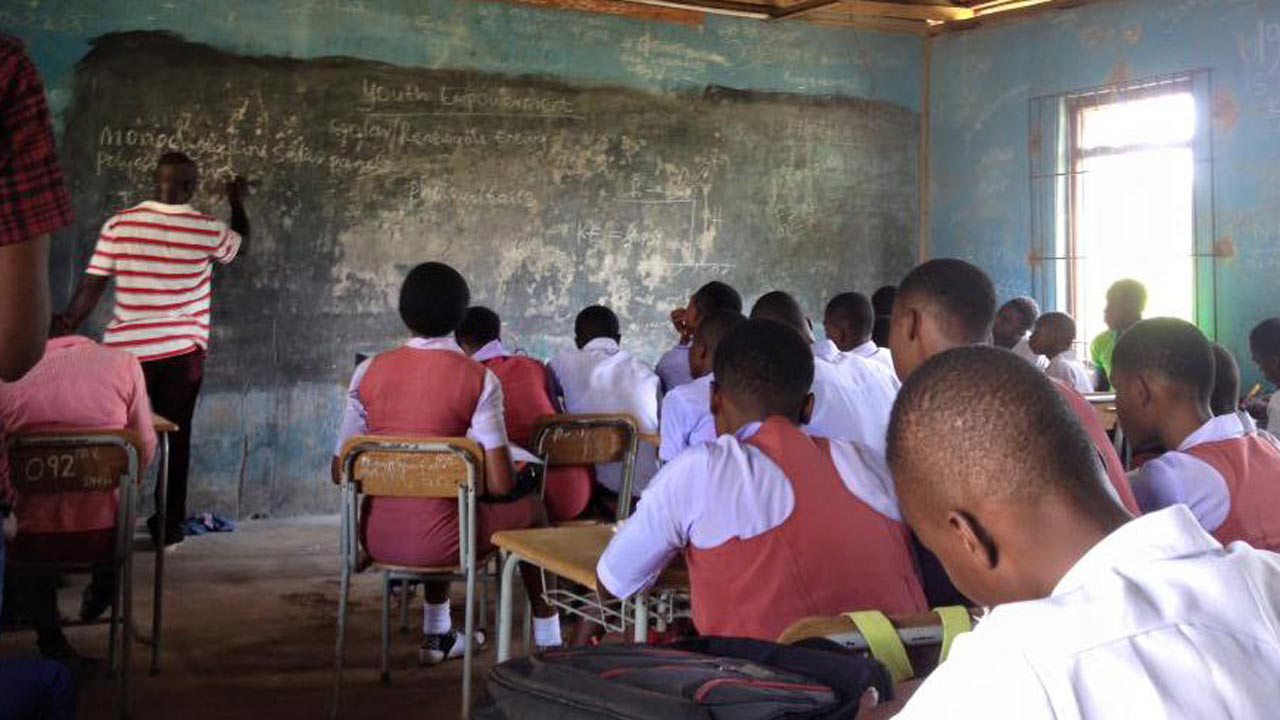
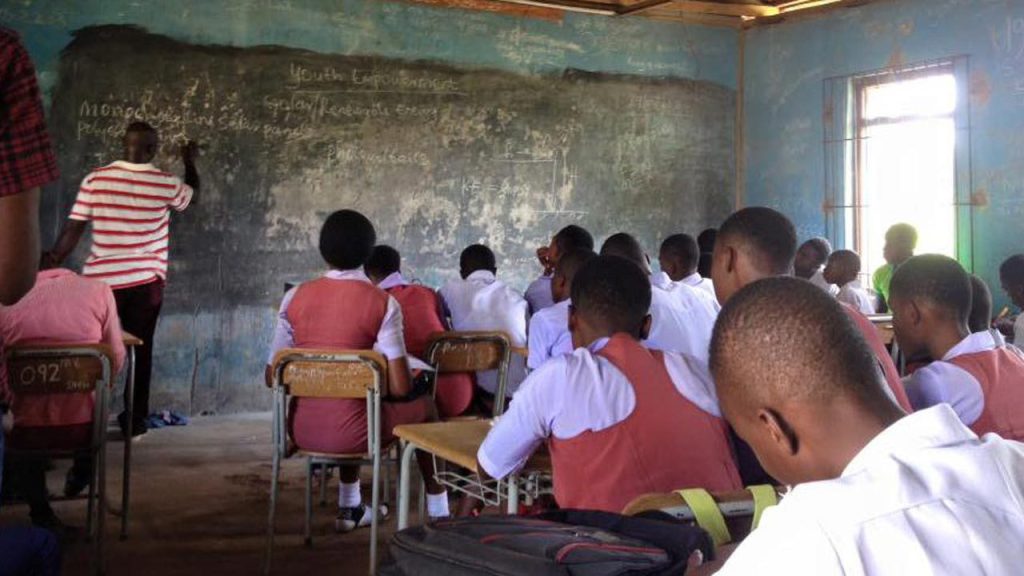
LAGOS (Sundiata Post) – Akhere Aghedo-Akran, Educational Manager, St. Agatha’s Inclusive Learning Centre, Satellite Town, has solicited for the employment of more special education teachers in schools.
Aghedo-Akran told Friday in Lagos that this would encourage mainstream settings in the country.
She added that it would also promote lifelong learning opportunities for all and aid implementation of the Salamanca Statement.
She said that the presence of trained special education teachers in mainstream classrooms would assist other teachers who may not have the training.
The educational manager stressed that these different sets of teachers could work hand-in-hand, adding, “team work makes the dream work.”
According to her, the presence of graduates with special education certificates will do more good in regular schools as they will be able to successfully integrate and adequately educate children living with disabilities.
“I will like to relate to the Salamanca Statement, which was adopted and widely endorsed at the world conference organised by UNESCO and the Ministry of Education and Science of Spain in 1994.
“It established the fundamental principles of inclusion at schools – ‘All children should learn together wherever possible, regardless of any difficulties or differences they may have’.
“It is therefore fundamental to have more graduates with special education certificates in teaching profession, in fact all teachers must have basic knowledge and understanding of diversities of children.
“Not all disabilities are visible, it is therefore important to note that every child must be treated with equity and have access to a conducive and enabling environment where he or she can survive under inclusive education.
“Inclusive education basically aims to provide equal learning opportunities for special children, those who have been disenfranchised from access to education or excluded from mainstream ‘regular class’ alongside their peers.
“It will also enhance social integration, they will be inspired to embrace skills being carried along with their peers, by these measures, there is a synergy with behavioural learning,” she added.
The diversity and inclusion advocate
identified lack of technical know-how and inadequate resources as challenges that came with inclusive education.
She said that the aforementioned needed to be addressed to enable educators successfully deliver accordingly and equitably teach the special children in mainstream classrooms with neuro-topical children.
On assessment, Aghedo-Akran said it was key to understand exactly the diagnosis and prognosis of children and to seek to understand their levels of achievement or attainment.
“It’s fundamental to have teachers trained specially for that purpose, because not all teachers are trained to handle or teach children living with disabilities.
“There is need for continuous training and re-training of teachers, no teacher should be eliminated from this vital training.
“We also understand that there are different and several levels of teachers who might have challenges with their receptivity to this training.
“This is because some of them might have experience where the norm has always been to teach neuro-topical children or those who do not have any disability that might tamper with their behaviour.
“So when you bring the idea that they should be trained on these issues, it becomes a problem because some of them fall in the laggard set, where they will refuse information or refuse innovation except there is a consequence or a reward,” she added.
Aghedo-Akran appealed to organisations and philanthropists to support inclusive education by donations of technological gadgets that could aid learning in schools.
She also urged for funding to employ teachers who would need these gadgets to teach.
She said, “we must be ready to improvise, collaborate and source for funding from organisations willing to commit meaningfully to the education of these children.” (NAN)



